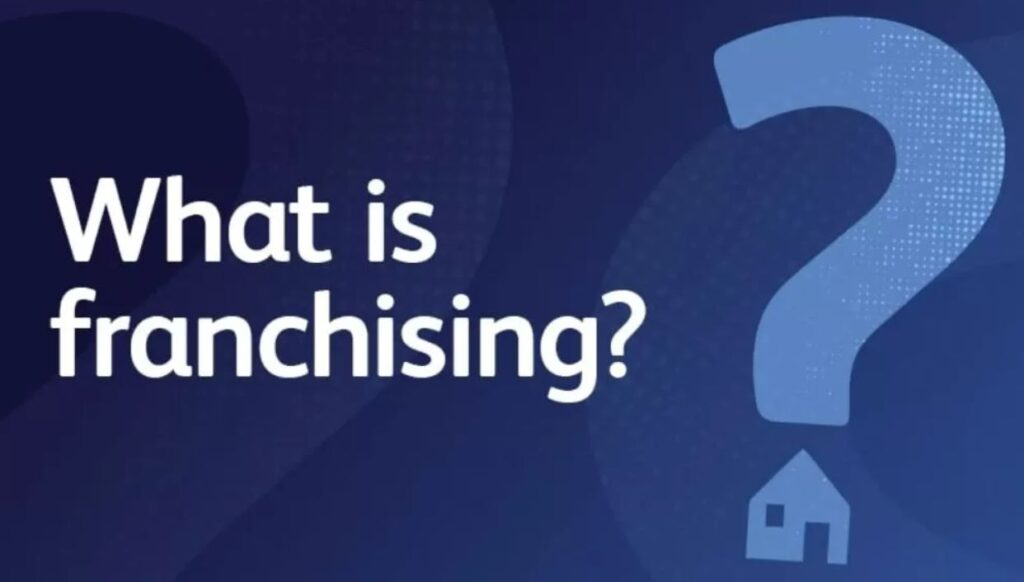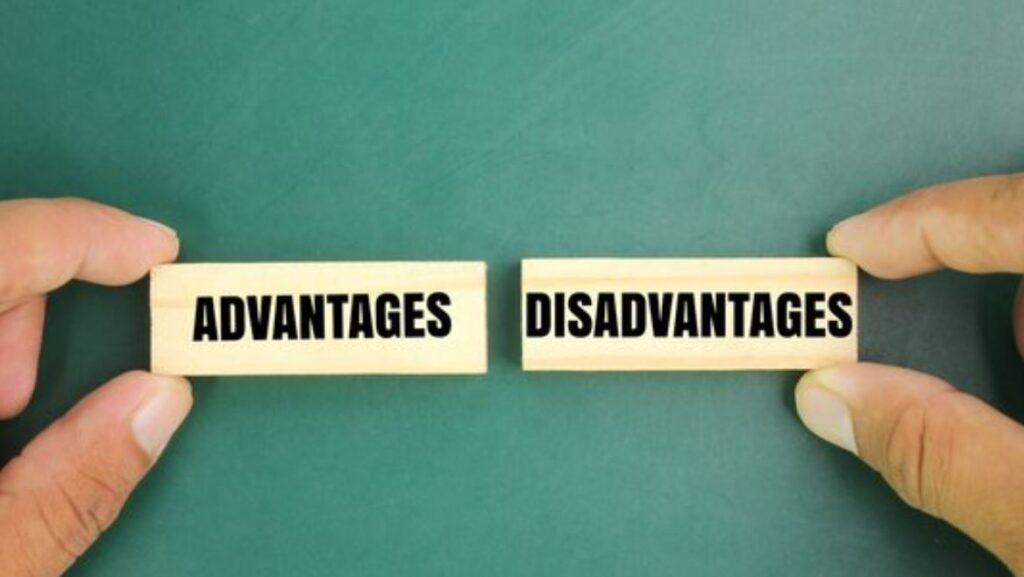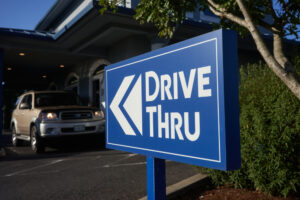Franchising has long been an attractive option for entrepreneurs looking to start a business with built-in brand recognition and operational support. For many, the idea of owning a franchise means stepping into a business that’s already set up for success.
But of course, the big question remains: is franchising a good investment, and is it the right choice for you?
The answer isn’t one-size-fits-all. It hinges on various factors, such as your financial situation, level of business experience, and personal goals. Are you looking for a steady stream of income, a lifestyle change, or perhaps a new challenge? Understanding what you want out of your investment is key to making the right decision.
This article will help you determine if franchising is right for me and we’ll provide a handy franchisee checklist to ensure you’re prepared for what lies ahead. By the end, you’ll be better equipped to decide if franchising is your next big venture.
What is Franchising?

Before knowing whether franchising is a good investment, it’s crucial to understand the franchise model.
A franchise is a business arrangement where a franchisee buys the rights to operate a business using the branding, systems, and support of an established franchisor. In return, the franchisee pays a franchise fee and ongoing royalties.
If you are new to the concept, read this guide on what is franchising to get a solid foundation.
Is Franchising Right for Me?
Franchising is not for everyone. While it provides an established system, it also comes with restrictions. If you prefer complete creative control over your business, franchising might not be your best choice. On the other hand, if you value structure and support, it can be an excellent investment.
To determine is franchising for me, consider these questions:
- Do I have the capital to cover franchise cost, including fees, equipment, and working capital?
- Am I comfortable following a set system and brand guidelines?
- Do I have the patience and dedication to operate a business long-term?
- Am I willing to put in the hard work, especially in the initial years?
- Do I have previous experience managing a business, or am I willing to learn?
- Can I handle the risks involved in running a business, even with franchisor support?
- Am I willing to commit to the brand’s long-term goals and uphold its reputation?
If you answered “yes” to most of these, you may have the right franchise fit.
The Franchisee Checklist: Are You Ready?

To further assess your readiness, go through this franchisee checklist:
Financial Preparedness
Can you afford the initial franchise fee and ongoing expenses without jeopardizing your financial stability?
Industry Interest
Are you passionate about the industry you’re considering?
Market Research
Have you analyzed franchise opportunities in your area?
Business Skills
Do you have experience managing people, finances, or operations?
Support System
Do you have family support for the time and effort required?
Legal and Financial Advice
Have you consulted professionals about contracts and potential risks?
Exit Strategy
Do you have a plan if the franchise does not work out as expected?
Advantages and Disadvantages of Franchising

Every investment comes with pros and cons. Here’s a quick look at the franchise advantages and disadvantages:
Advantages:
Brand Recognition
Joining a well-established franchise means tapping into a customer base that already knows and trusts the brand. This can significantly reduce the time and effort required to build awareness and credibility
Training and Support
Franchisors often provide comprehensive training programs and ongoing support. This helps franchisees quickly learn the ropes and navigate the complexities of running a business with confidence.
Proven Business Model
With a franchise, you adopt a business model that has been tried and tested in various markets. This minimizes the guesswork and the risk of costly errors compared to starting a business from scratch.
Marketing Assistance
Many franchisors handle advertising on a large scale, such as national or regional campaigns. This professional marketing support not only ensures consistency but also enhances your business’s visibility and growth.
Higher Success Rate
Franchises often boast higher success rates compared to independent startups. The established systems, brand loyalty, and shared expertise contribute to their resilience and profitability.
Vendor Relationships
Being part of a franchise network can grant you access to pre-negotiated deals with suppliers. Bulk pricing and established vendor partnerships can reduce costs and simplify procurement.
Disadvantages:
High Initial Costs
Starting a franchise requires a significant upfront investment, which often includes franchise fees, setup costs, and other expenses. This can be a financial barrier for many aspiring entrepreneurs.
Royalty Fees
Franchisees are usually required to pay ongoing royalty fees to the franchisor, which are typically calculated as a percentage of revenue. These fees can eat into your profits over time.
Limited Flexibility
Operating a franchise means adhering to strict franchise policies and guidelines. You may have limited freedom to make independent business decisions or implement personal innovations.
Market Saturation
When too many franchise locations exist in a given area, it can lead to market saturation. This can reduce individual profitability and create challenges in attracting customers.
Contractual Obligations
Franchise agreements often come with strict rules and long-term commitments. Exiting the contract or deviating from the terms can result in financial or legal consequences.
The Financial Aspect: Is Franchising Profitable?

To get a sense of projected profitability, researching the franchise forecast of a brand is essential. Many franchisors provide financial performance representations, which can give insight into expected earnings.
Profitability in franchising depends on several factors, including location, market demand, and the franchise brand. Some of the best franchise businesses have strong profitability due to brand loyalty and operational efficiency. However, others may struggle if the market is oversaturated or if the franchisee lacks strong management skills.
Cost vs. Return on Investment
One of the biggest considerations in franchising is balancing the franchise cost against the potential return on investment. Some franchises require high startup costs but yield consistent profits, while others have lower costs but require more effort to achieve profitability.
A well-chosen franchise can generate stable income, but success depends on factors like location, competition, and operational efficiency. That’s why understanding the franchise forecast is crucial before committing.
Market Trends and Franchise Growth
Another way to assess whether franchising is a good investment is by looking at market trends. Some industries, such as food and beverage, health and wellness, and home services, continue to grow and offer lucrative opportunities. Checking best franchise businesses lists can help you identify which industries are currently thriving.
At the same time, it’s essential to evaluate the local market. Even if a franchise is successful in one area, it may not perform well in another due to different customer preferences and spending habits.
Final Verdict: Is Franchising a Good Investment?
If you’re looking for a structured business with brand recognition, franchising can be a great investment. However, it requires financial preparedness, business acumen, and a willingness to follow an established system.
By evaluating is franchising for me, checking your franchise fit, and reviewing the franchisee checklist, you can make an informed decision. For those who meet the right criteria, franchising offers a potentially lucrative path to business ownership.
Additionally, networking with existing franchisees, attending franchise expos, and studying industry reports can provide valuable insights. Understanding the franchise landscape before diving in will increase your chances of making a profitable investment.
Always compare different franchise options, negotiate contract terms when possible, and make decisions based on data rather than emotion.
A well-planned approach will set you on the path to success, ensuring that your investment pays off in the long run. Contact Franchise PH today and see how we can help you start your business.







